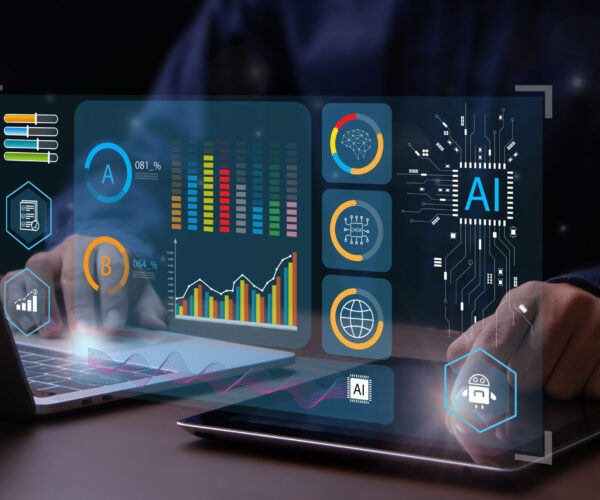Lens-Meter Performance Analytics
ModnyCo conducted a detailed two-part experiment to evaluate a lens meter’s performance. Initially, we established benchmarks using golden standard measurements on a set of lenses. We then used these benchmarks to assess the precision and consistency of the client’s lens meters. This comprehensive analysis, which involved repetitive testing across multiple devices and advanced data analysis, provided critical insights into the lens meter’s accuracy and manufacturing consistency, guiding enhancements in its production and calibration processes.
- Conducted a two-part experiment to evaluate the performance of a lens meter.
- Established benchmarks using golden standard measurements on a set of lenses.
- Repeated measurements with client's lens meters to assess accuracy and consistency.
- Included post-auto-calibration measurements to evaluate recalibration impact.
- Performed testing across multiple devices for comprehensive analysis.
- Utilized advanced statistical techniques for data analysis.
- Provided insights into lens meter's precision, recall, and F1-Score.
- Identified manufacturing and calibration improvements for the lens meter.


ModnyCo embarked on a rigorous two-part experiment to evaluate the performance of a lens meter, a vital tool in optical measurements. This project was meticulously structured to ensure the highest standards of accuracy and reliability in our assessment.
Part One: Establishing Benchmarks with Golden Standard Measurements:
We began by validating a set of lenses using golden standard measurements, establishing these lenses as benchmarks. This process was critical, as it ensured that we had a reliable baseline against which the performance of the client's lens meter could be accurately gauged. By employing precise and established measurement techniques, we were able to certify the lenses' specifications with utmost confidence.
Part Two: Performance Assessment Using Client's Devices
With our benchmarks established, we proceeded to the second phase, which involved extensive testing with the client's lens meter. Our approach here was thorough and repetitive; we measured the calibrated lenses multiple times across different devices. An important aspect of this phase was the repeated measurements both before and after the power cycles of the devices. This step was crucial to understand how the auto-calibration process, which occurred at each power-up, affected the consistency and accuracy of the measurements.
The primary aim was to analyse the repeatability of the measurements on the same device and the consistency across multiple devices. By doing so, we could identify any significant variations that might indicate inconsistencies in the manufacturing process or in the device's calibration mechanism.


Data Analysis and Visualization
The data collected from these experiments was then subjected to rigorous statistical analysis. We employed advanced techniques to assess the precision, recall, and F1-Score of the lens meters. Our team also designed a semi-automatic data recording process to streamline data collection, ensuring efficiency and minimizing human error. The culmination of this process was an extensive multi-dimensional data visualization, offering a comprehensive view of the device’s performance across various metrics.
This project showcased ModnyCo’s expertise not only in conducting detailed and structured experiments but also in analysing complex datasets to derive meaningful insights. By providing a thorough evaluation of the lens meter’s performance, we were able to offer valuable feedback for enhancing the product’s manufacturing process and calibration accuracy, ultimately contributing to the improvement of its overall reliability and precision.
Schedule a Consultation
Connect with our team to transform your complex concepts into market-ready electronic solutions.
